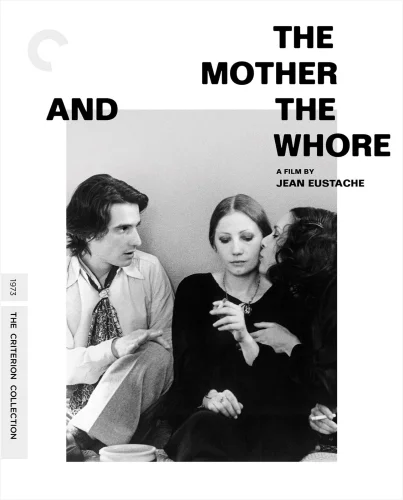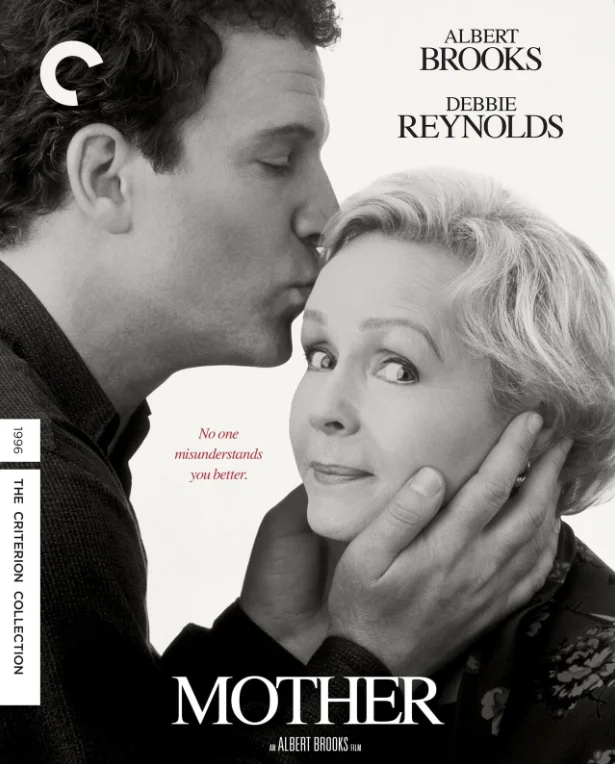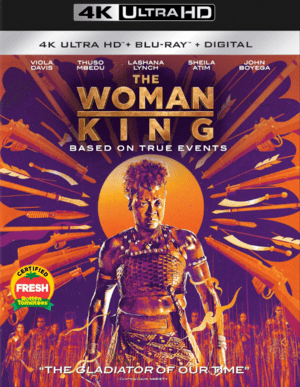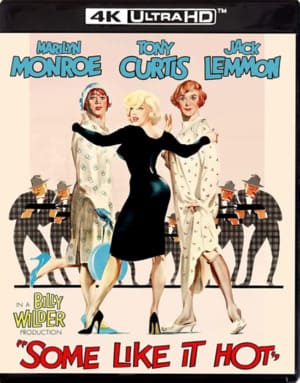Story Movie
An endless monologue of the main character, Alexander, about everything in the world, but above all - about women. About the women who surround him, who he likes, who do not pay attention to him....
Review 4K Movie
Jean Estache. This name is legendary in certain cinematographic circles. The creativity of this man, which influenced not the formulation of such maestros of modernity, such as, for example, Jim Jarmusch, many attribute to the so-called “French New Wave”, which, in principle, to some extent logical and reasonable, given some biographical and artistic circumstances, but, on the other hand, creates a number of difficulties that interfere with analyzing, understanding and feeling Jean's pictures, which, unfortunately, are very, very few.
And “The Mother and the Whore” is not just a film that stands out in his filmography; it is practically his only work that has gained the necessary fame to be accessible (although it would be more correct to say desirable) for viewing.
This is perhaps the most significant of the difficulties already mentioned, since the 'Theory of Auteur Cinema' attached to the New Wave, formed in the 1970s (the theory was created on the basis of the representatives of this cinematic movement), requires that any work by a director (and it is the director who, according to the same theory, is the main person in the entire cinematic process) be considered not only as an individual, complete and self-sufficient film, but also in the context of all his other creations. Also, one should not be carried away by the artistic value of the picture, forgetting about the historical value.
Everything is fine with the latter in “The Mother and the Whore”. This movie canvas in France (and far beyond its borders) is considered a mirror of “Red May”. This is the name given to the events that took place in Paris in 1968, when the social crisis that gave rise to mass demonstrations resulted in a revolution and the resignation of then-President Charles de Gaulle. The title of the review is the most famous slogan of the Protestants, who were mostly young Gothic students. Among them was Jean Estache, a self-taught filmmaker who later became the victim of a car accident and later a suicide.
Jean decided to convey the pain and devastation of his deceived hopes, which overwhelmed his mind and soul, through this movie, thus immortalizing his name. And it's not at all about what he did, but how he did it. But about everything in order.
First of all, we should note the lack of plot development, caused by the absence of the plot itself, just a bare plot, which includes a chain of events, which, repeating themselves, form a kind of indirect linear cycle, allowing the viewer to dive deeper and deeper with each new circle.
And what do we see? We see confused children who, having received the much desired freedom from their parents, have realized that freedom is a relative concept, that the only kind of freedom available to a person is the ability to choose limitations.
We see society's unwillingness to understand, accept and skillfully use what they so badly wanted, what they literally demanded from life. We see frustrated and resentful shoppers who have bought two jackets, one of which is too small and the other, on the other hand, is too big on them.
We see people trying to escape from reality, but these efforts are doomed to failure, because they are the creators and bearers of what surrounds them. They keep trying and trying, forgetting Albert Einstein's words that say that the greatest folly is to do the same thing, hoping for a different result.
We see different approaches to the same problem. Some try to run away from it, like Alexander's friend who wants to cut off his arm and turn it into a museum piece to leave some legacy for posterity, and can't decide where to go, trying to find the answer in songs. Others, like Alexander himself, prefer to simply exist, struggling to make a living. He sleeps only with those women who have an apartment, as he has no place of his own; he borrows money from friends and buddies to take other women on dates, with whom he talks about various things without noticing how the dialogues slip into monologues.
It's as if he's trying to win back the ex-girlfriend he still loves, but she's about to marry another man, turning into a source of pain for Alexander. He doesn't want to let her go, to continue to suffer because it has become a habit and then an addiction. However, chasing after her, he, of course, does not forget about other members of the fair sex, which are a source of not only physical but also psychological pleasure for him, because they appreciate Alexander for his natural charm and outstanding intelligence. Although, in general, they simply run from loneliness and seek solace.
The most surprising thing is that Estash exposes the stuffing of his brainchild and touches on politics only once in three and a half hours. This is done through the mouth of Alexander, who speaks literally 2-3 sentences about the events of 1968 in one of his dialogues-monologues. Yes, the movie drags on not by action but by words, but “Red May” finds its reflection not in conversations, but in the atmosphere and in the facial expressions of the interlocutors. The atmosphere is as if you were walking through Gavgamele after a legendary battle, but only instead of the corpses of people underfoot are the shards of the shattered hopes of yesterday's day, which reflect today's day, oozing purple and scarlet, as Kalugin would say.
This film also presents events that seem at first glance too small to pay attention to. They are born and almost immediately die, but they represent the immeasurable abstractions that make up our lives. With these conceptual additions to the basic structure of his masterpiece, Estash plunges us into another world, a parallel one, giving us the opportunity to see events that could have changed our lives dramatically, but (unfortunately, or perhaps fortunately) did not take place. But more on that later, but for now I will share one of my observations.
It seemed to me that The Mother and the Whore is much more comparable to French films that do not belong to the French New Wave. For example, I was reminded of the works of the great Robert Bresson, particularly The Devil Perhaps and Diary of a Country Priest. In the first case, we should note some common features in the psychological portraits of the main characters, and in the second case - constructive similarity. In “Diary”, as in “Mommy”, the action is played twice, only there it is done in a slightly different way, but this is already a matter of design. It's like the same cigarette in different hands or, on the contrary, different cigarettes in the same hand.
I have not forgotten that I promised to talk about immeasurable abstractions. I will keep my word, but in another review of the same painting.




 [/full-link]
[/full-link]
 [/full-link]
[/full-link]
 [/full-link]
[/full-link]
